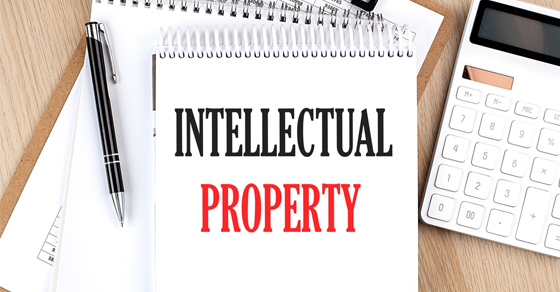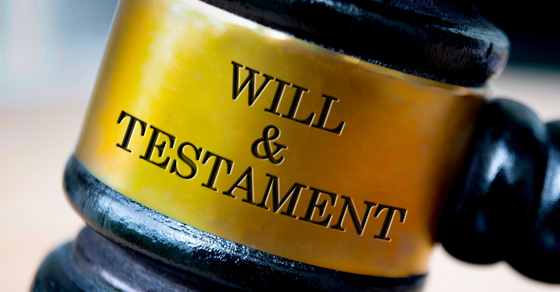5 Questions Single Parents Should Ask About Their Estate Plans
In many respects, estate planning for single parents is similar to that of families with two parents. Parents want to provide for their children’s care and financial needs after they’re gone. However, when only one parent is involved, certain aspects of an estate plan demand special attention. If you’re a single parent, here are five […]
5 Questions Single Parents Should Ask About Their Estate Plans Read More »










